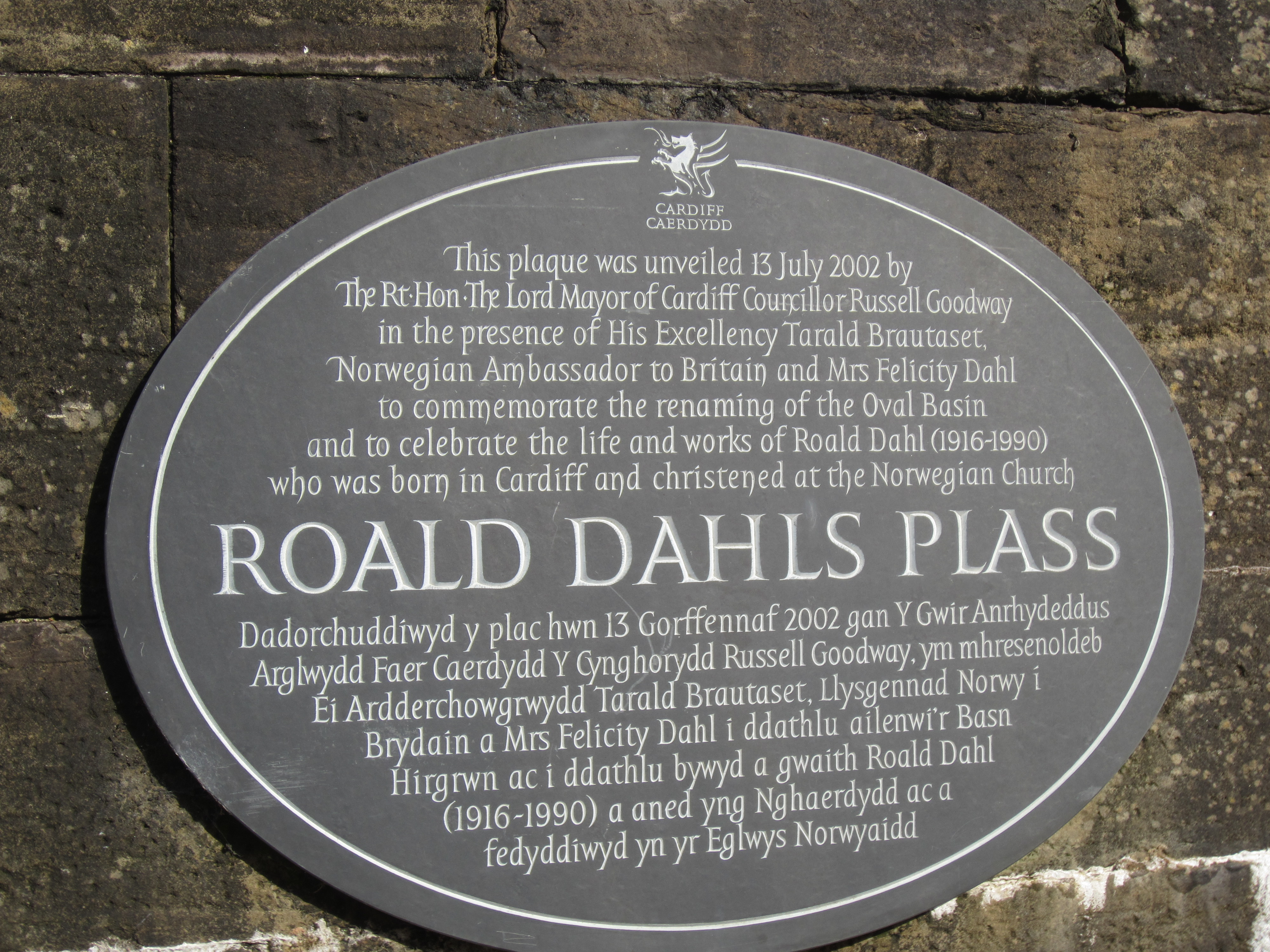For reasons of political correctness, or to get a buzz going and boost sales, or for other reasons entirely (point being, I have no idea), the late British children’s book author Roald Dahl’s books are being reissued with edits designed to make them “less offensive and more inclusive.”
If what you’re imagining is removals of an N-word here, a different slur there (Dahl having been a big ol’ antisemite, which we’re getting to, I promise), that’s not quite it. This is at the level of “references to ‘mothers’ and ‘fathers’ that have been updated to ‘parents’ or ‘family.’”
Several people, among them Salman Rushdie, British Prime Minister Rishi Sunak, and my Feminine Chaos podcast co-host Kat Rosenfield, have pointed out that the whole thing is ridiculous. It is! Some further thoughts on why…
The debate about Dahl quickly became one about slippery slopes, test cases, and, more generally, whether opposing this form of yes technically non-governmental censorship in this case means you think every toddler should be handed a copy of Mein Kampf and told to figure it out for themselves. Since that’s plainly not the case, what, then, is?
When it comes to what children should read, there are too many variables to arrive at any hard-and-fast rule. The obvious: How old is the child? But there’s more to it as well. A Nazi text being analyzed in a class on the horrors of the Holocaust is different from a Nazi propaganda novel being suggested as beach reading. And more generally, assigned reading (as in, you demonstrate comprehension of this book or you don’t graduate) is different from available reading (as in, it’s in the school library).
It is necessary here to bracket what everyone knows, which is that past a certain age, young people can and do view absolutely everything on the internet, and are exposed to things far more troubling than a novel in which a character is referred to as “fat.” Presumably the concern here for the children restricts itself to some mix of children young enough to be plausibly sheltered from certain materials, or to what it is a school or library, say, is actively encouraging.
But it’s not as straightforward as one might imagine what child-appropriate reading should consist of. Everything could offend somebody, if only because including one reading means leaving another one out. If a teacher only assigns books about households with a mother and a father, you risk alienating children with other household structures. Whereas if you assign The Hips on the Drag Queen Go Swish, Swish, Swish (a book we once got out at the library here in West Toronto and found meh; and for what it’s worth, the baby has yet to request eight-inch platform heels), you rile another whole set of parents. Or possibly some of the same ones.
There is, I’d like to think, a sensible middle ground of parents who do want to see diverse families represented but find the avalanche of culture-wars-fighting children’s books exhausting. There’s something sad and limited about a definition of child-appropriate literature that sticks with only that which is publishable in the current year. And who are we to say that we have everything right, here in 2023? Maybe we are all huge bigots for reasons that will only become clear to us in 2050.
Also complicated: Yes, people are products of their time, and the range of acceptable opinion differs according to era. But! Some people held abhorrent views for their own time, and were understood as doing so by their contemporaries. It doesn’t work, then, to brush aside all hateful language from pre-1970 or whatever with, well, we didn’t know back then. Dahl referred to himself as antisemitic in 1990, not exactly a million years ago, and also not a remark that allows for much in the way of speculation as to his meaning.
Insofar as I have a strong stance on this, it’s in favour of keeping texts themselves as they are. I don’t think schools should (or even, logistically, could) assign everything, or that there’s any need for children (young ones or even teens) to equate the act of reading with confronting awfulness. Books contain the range of human experience, including the uplifting, the curious, and so on. No, the point is not that everyone must have the worst of the written word metaphorically shoved down their throat at every opportunity, but rather that books are testaments to the truth of human experience.
And not that this is the entire point of literature, obviously, but: How can you expect to teach children about something like the Holocaust without the cultural background of a world in which a whole lot of otherwise admirable people have held—and still unfortunately do hold—anti-Jewish views? Rewriting history to make Roald Dahl into a nice person he wasn’t is over-generous to Dahl and insufficiently so to readers of all ages.
The CJN’s senior editor Phoebe Maltz Bovy can be reached at [email protected] and on Twitter @bovymaltz
